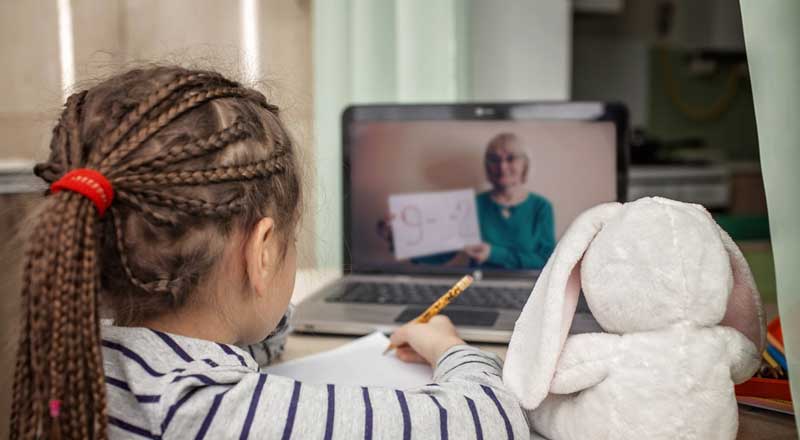Teen drinking isn’t a subject you necessarily want to talk about, but it’s also something you don’t want to neglect until there’s a problem. Teens face increasing social pressures as they get older, and even the smartest, most level-headed kids can make mistakes. Sometimes teenage drinking means a single lapse in judgment, and sometimes it indicates a serious problem, like alcoholism or emotional distress. Talking with your teen about alcohol could change his life — or even save it.
Step 1
Start a casual dialogue about teen drinking before your kids reach their teen years. Teenage drinking begins earlier than you might think, even as early as the tween years. Talk about drinking with your children and include information on the dangers, your expectations and the potential dangerous consequences.
Step 2
Let your teen know you trust him to make the right decisions. If your teen feels like you don’t trust him to do the right thing, he may feel like he might as well do what you expect he’ll do. Build trust with your teen by talking and sharing with your teen daily, recommends Auburn University. Explain that trust is a two-way street and share ways teens can earn your trust by meeting reasonable expectations. Never snoop or spy to get information on your teen, as this breaks trust.
Step 3
Create rules and guidelines that you expect your teen to adhere to and make no exceptions. Make rules like expecting your teen to leave parties with alcohol, refusing to get into cars with people who have been drinking, refusing alcohol when it’s offered in social settings and being honest about where he’s going and with whom.
Step 4
Set up fair consequences for when your teen fails to meet your clear expectations, like loss of car keys, internet access or cell phone service. Follow through consistently and increase the consequence if the behavior happens again.
Step 5
Avoid unreasonable punishments. While you may ground your teen from parties or socialization for a time, don’t impose long-term, severe punishments, like telling your teen he can never see certain friends, attend parties or go to dances ever again. This will damage your relationship and could lead your teen to sneak out or socialize in secret.
Step 6
Keep a cool head if you suspect or find out your teen has been drinking. Take time to cool off if you can’t approach the situation with a level head. Confront your teen without threatening or accusing, and share your concerns in an honest, caring manner. Give your teen a chance to tell his side of the story too, instead of lecturing. Apply the pre-established consequences and explain why you’re doing so. Emphasize your expectations for future behavior.
Step 7
Set up a system for your teen to call you if she or her ride have been drinking. Explain that you love her and that she will face consequences for her actions, but that she should never be afraid to call. Emphasize that consequences are better than losing her life or taking someone else’s life in a drunken driving accident.
Step 8
Consult a family therapist or addiction specialist of you feel your teen’s drinking has gotten out of control or if you feel like you need help building trust and communication. Talking about drinking is difficult, and it’s better to seek professional help than to ignore the subject.





